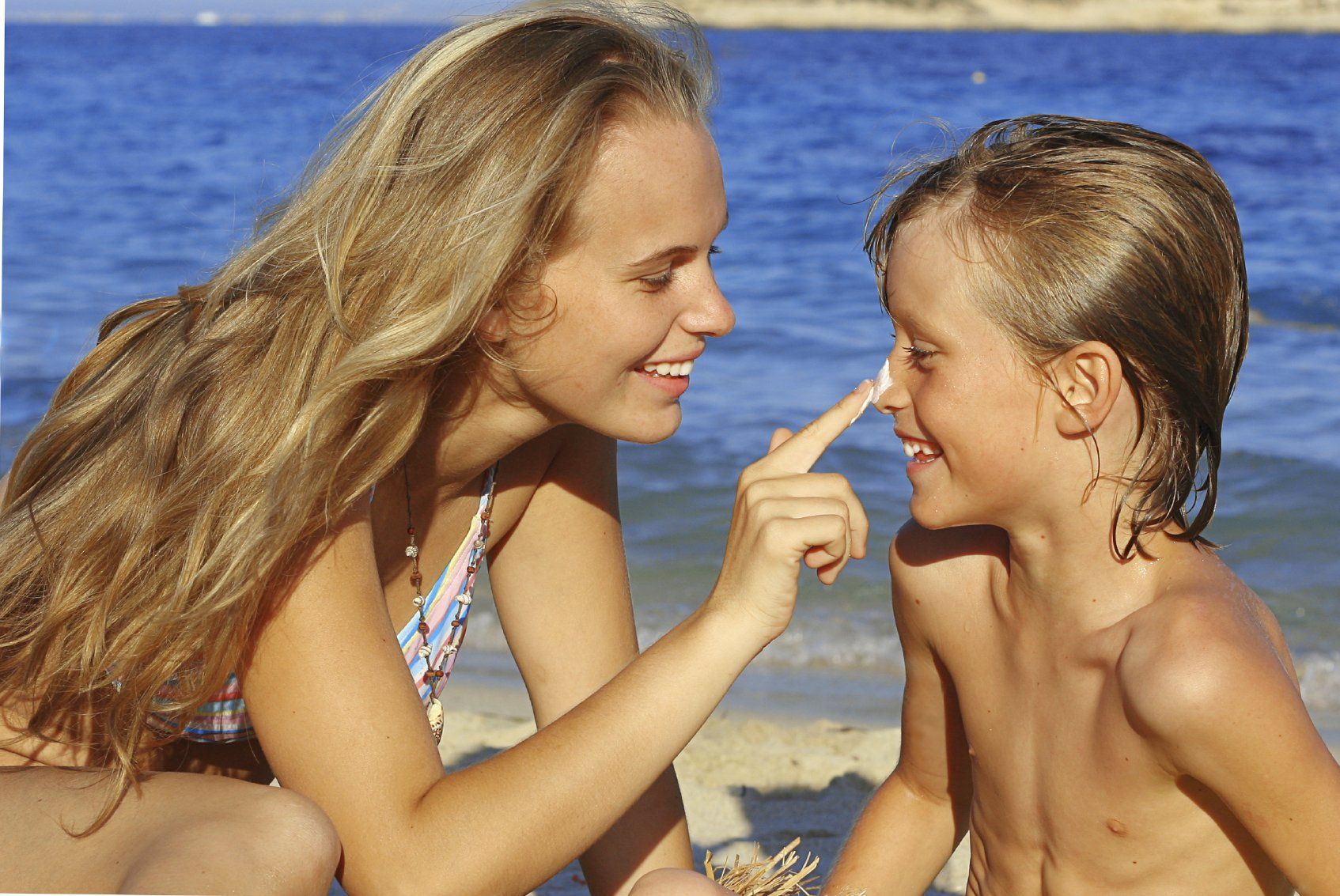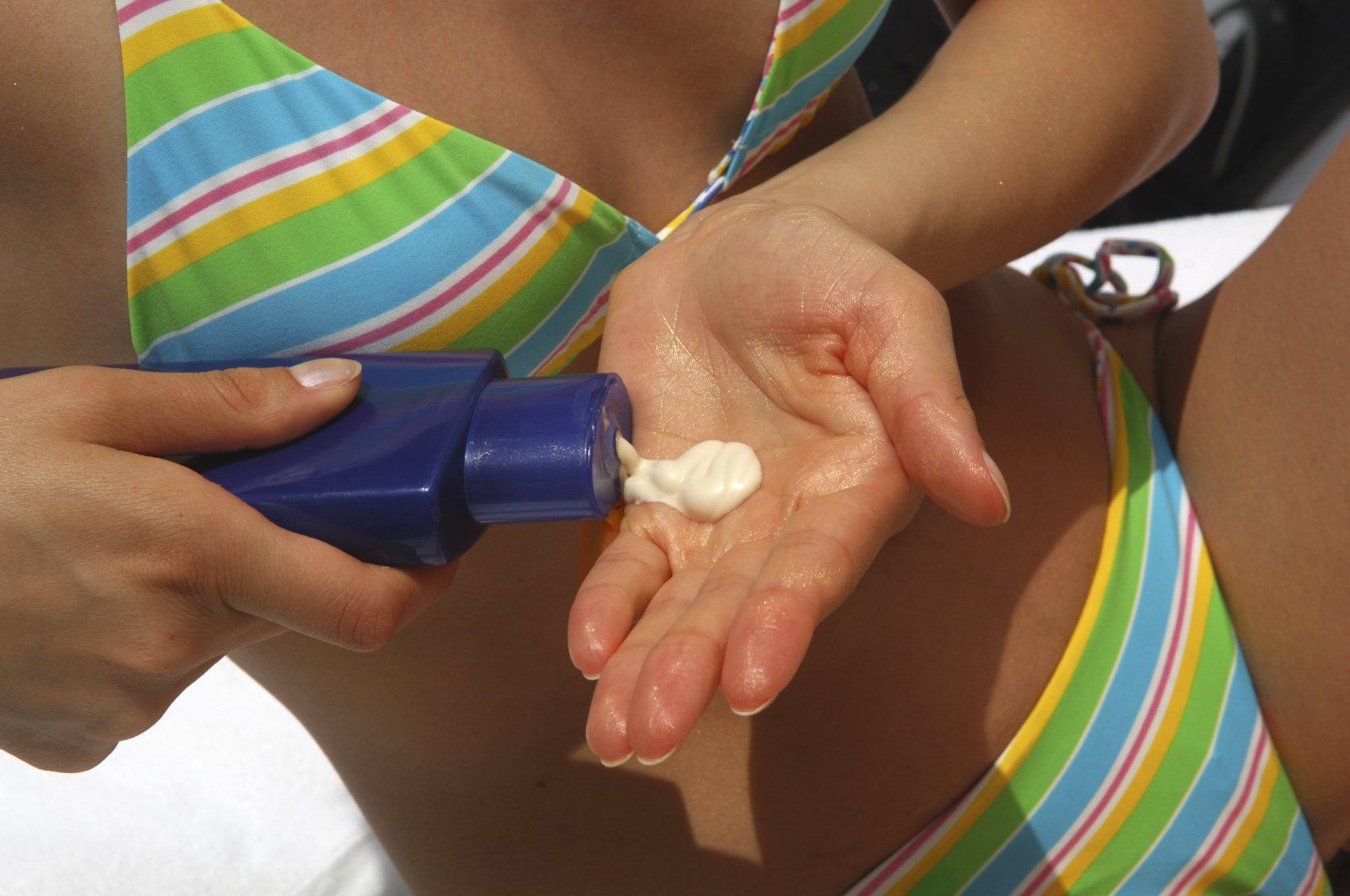Is the sun really my friend?
We are here to help!
UV rays. Sunburns. What's tanning doing to my body?
Sun protection
Even though we all love the sunshine, you should be aware that unfortunately it can seriously damage your skin. While a tan is often associated with looking healthy, it actually indicates that skin has been damaged by UV radiation. Opposite to what we have been taught as children, tanning increases significantly skin cancer risk. To tan safely, try and limit sun exposure between 11am and 3pm when sun is high in the sky. Also, keep in mind that the sun’s rays are strongest in countries near the equator and at high altitude.
But fear not! The best way to avoid risk associated with UV radiation is by reducing sun exposure (especially between 11am and 3pm) and using high SPF when exposed to the sun. To enjoy safely your holiday, you will have to take a good supply of appropriate sun protection cream, protective clothing and sunglasses.
People who should avoid the sun exposure:
- Anyone with fair skin
- Babies and young children
- Immunosuppressed individuals (those with a weakened immune system)
- Those taking certain medicines, including some cancer treatments (check with your GP)
- Those with medical conditions such as polymorphous light eruption, rosacea and vitiligo
Treating sunburn
Getting sunburn can really spoil your holiday if you don't know how to deal with it. Here are our best tips to help you save the day if it happens.
- Have a cool bath/shower or sponge affected areas with cold water.
- Drink plenty of fluids to prevent dehydration.
- Take painkillers like paracetamol or ibuprofen if needed. (Aspirin should not be given to children under 16 years.)
- When comfortable, apply moisturising cream.
- Cover up and stay out of the sun until skin has fully healed.
- Get prompt medical attention for swollen or blistered skin, chills, a high temperature, dizziness, headaches and feeling sick
Don’t forget that at Prestwich Travel Clinic you can not only get travel vaccinations & find variety of SPF creams but also mosquito repellents, underwater cameras & even sunglasses!








